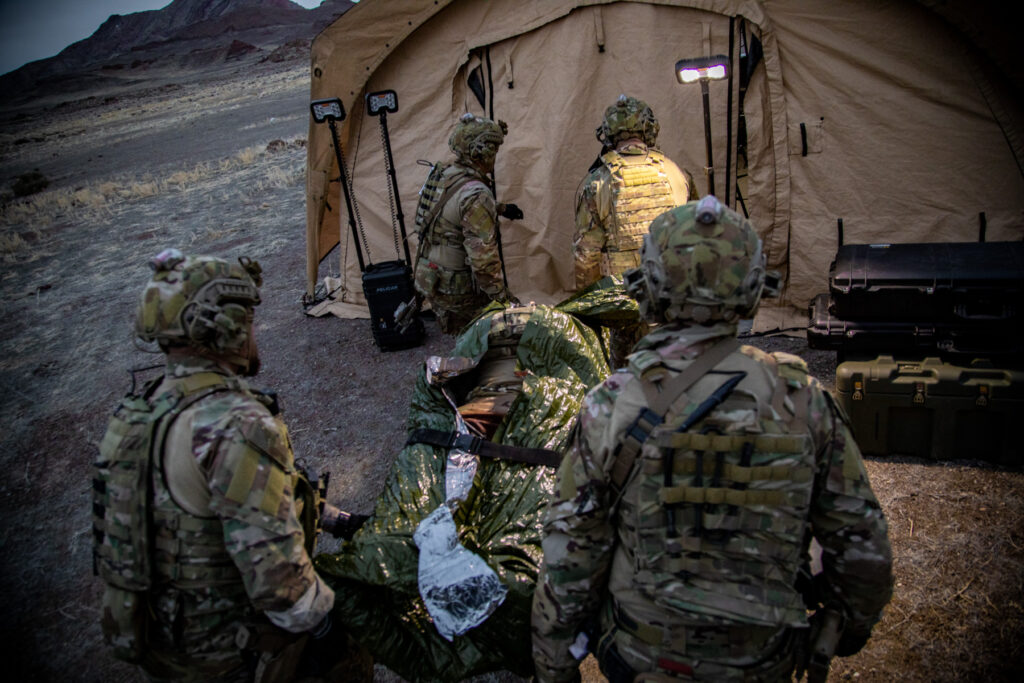HunterSeven Foundation, a veteran-founded, federally-recognized 501(c)(3) nonprofit organization that specializes in medical research and education specifically on the post-9/11 veteran cohort. The HunterSeven Foundation has quickly become the leaders in identifying potential toxic exposures and subsequent illnesses in military veterans and in turn is able to educate both the veteran population and the healthcare providers who care for them on critical health information relating to their exposures utilizing evidence-based practice.
This proactive approach to addressing potential health concerns is a secondary prevention (“to detect a disease early and prevent it from worsening to chronic or terminal“) tactic and crucial in assuring overall health, wellness and life longevity. The HunterSeven Foundation supports post-9/11 veterans and their families that have been made ill as a result of military exposures and/or injuries through our immediate needs program and healthcare partnerships.
What makes the HunterSeven Foundation a distinctively, unique organization is that the all-volunteer team supports the community in which is comes from. Eighty-percent of our staff are post-9/11 military veterans, and seventy-five percent are advanced practice, medically-licensed healthcare providers. HunterSeven Foundation is also the only non-profit organization in the realm of toxic exposures to publish their medical research internationally making them published experts in the field.

Our Mission
To continue leading research efforts in military exposures and their subsequent long- and short-term impact on the health of the post-9/11 veteran population, with the intention of academic publications, sharing evidence-based data and creating clinical practice guidelines for healthcare providers and the veteran community .
Our Vision
Our vision is to publish information and research for the purpose of educating the veteran population and healthcare providers with the intention of influencing positive change and impact for veteran-centric healthcare.
Our Approach
- Assess gaps in the current knowledge of civilian healthcare providers as it relates to the importance of veteran-centric healthcare
- Identify the barriers and/or lack of guidance and resources for civilian providers in providing culturally competent care to post-9/11 veterans.
- Create a long-term educational foundation for improving resources, awareness, and overall understanding in civilian providers through the means of enactment of evidence-based clinical practice guidelines.
- Shift the focus on secondary preventative methods to achieve positive, proactive healthcare outcomes and overall prolong the cohort populations life expectancy.